This gallery shows 32+ high-quality and best-resolution Burger PNG Images, Vectors, Stickers, logos, Icons, and Clipart Pictures with transparent backgrounds. Free download all these Burger PNG images for graphic design, projects, presentations, web design, editing, and other works.
Burger PNG Images:






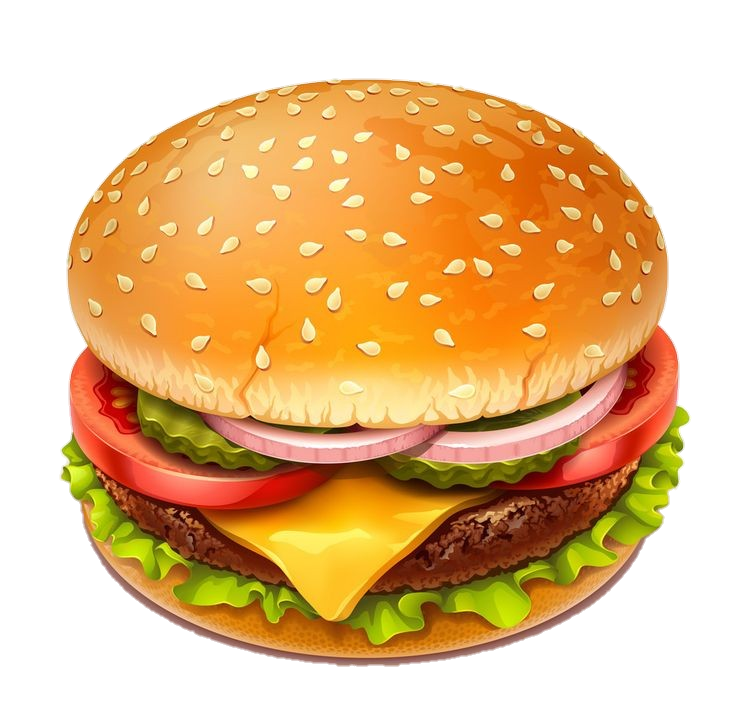


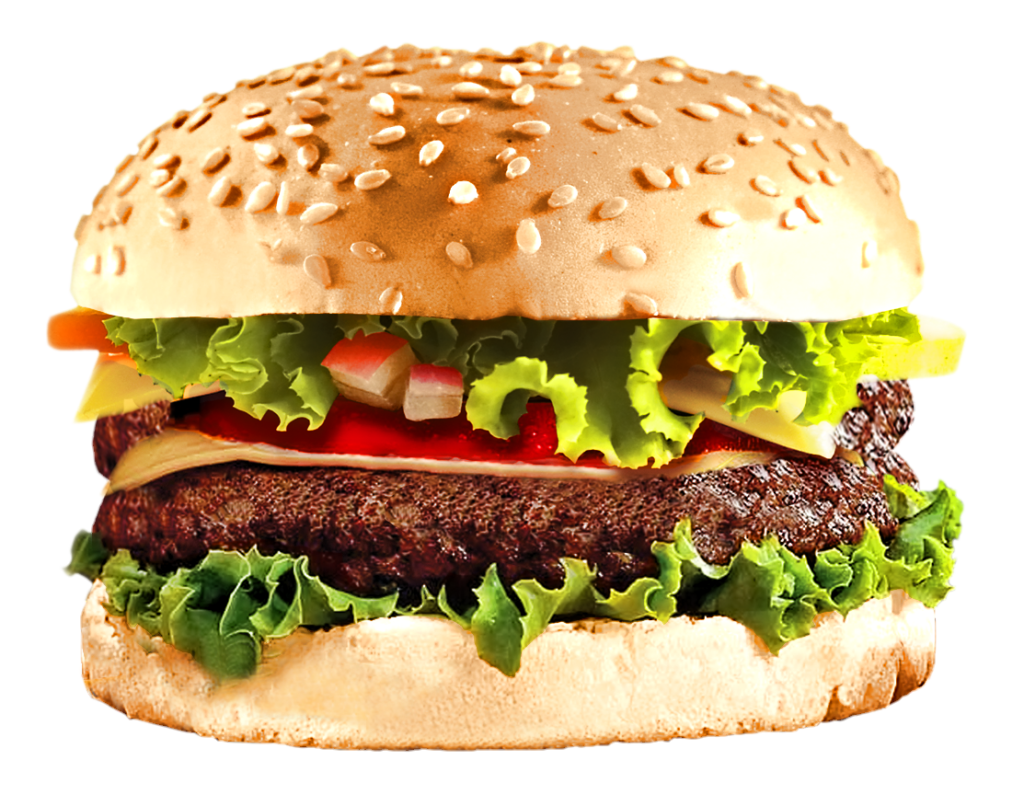
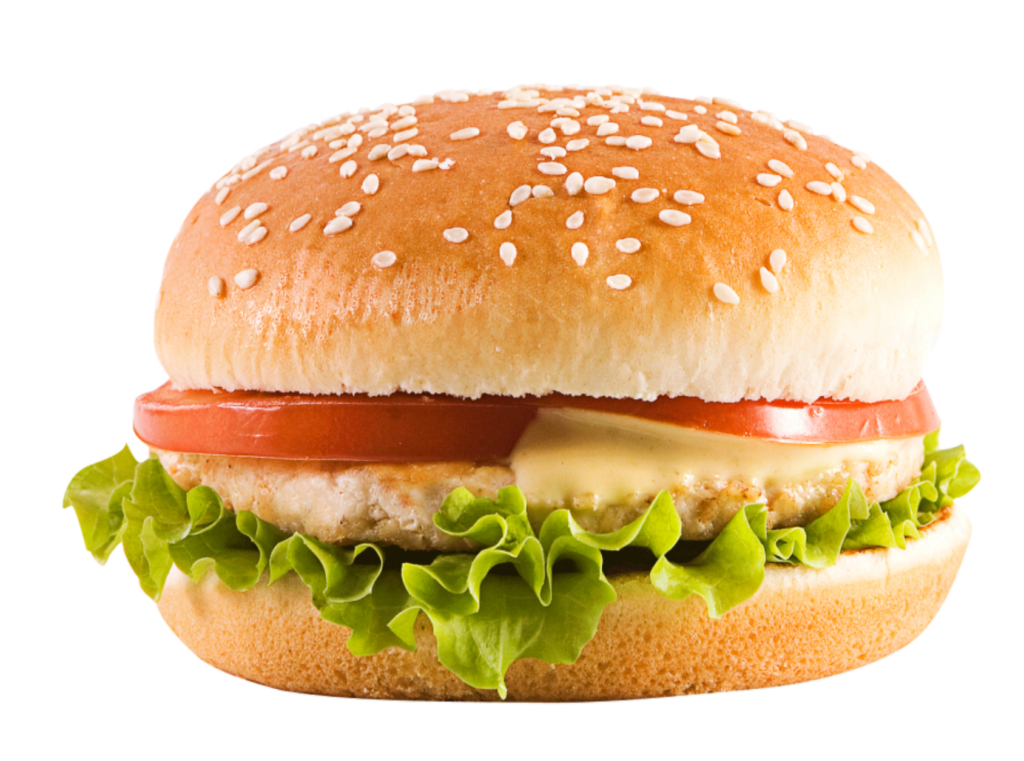
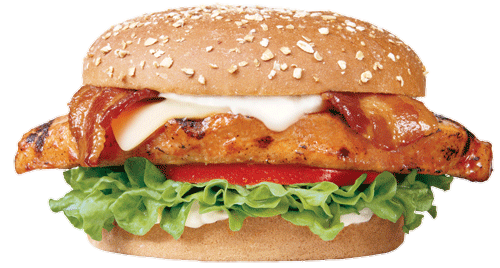
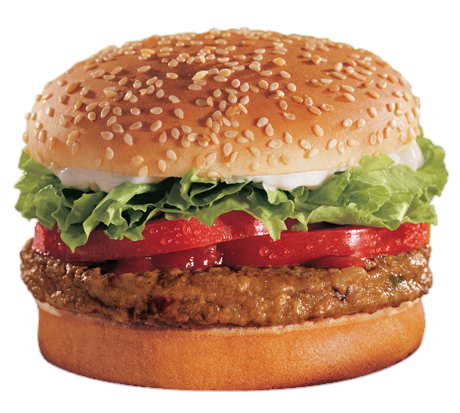
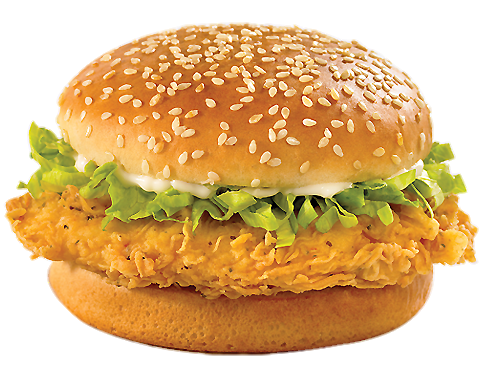
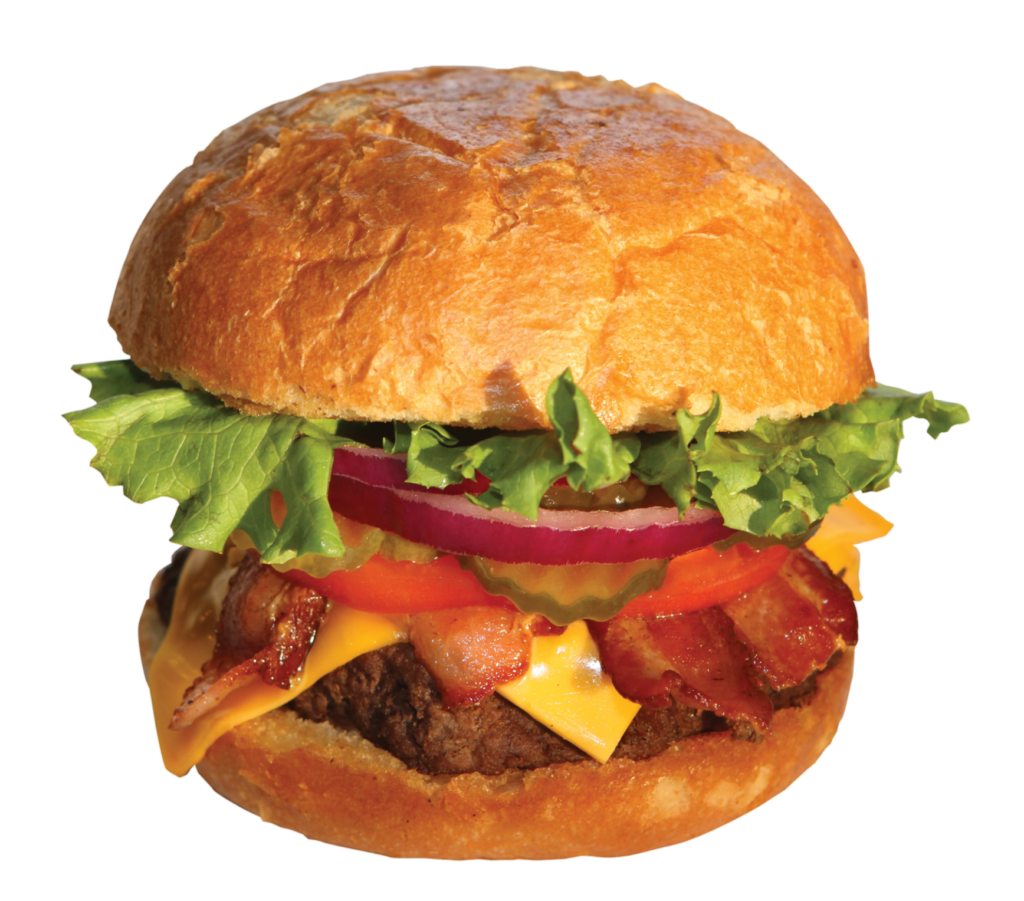
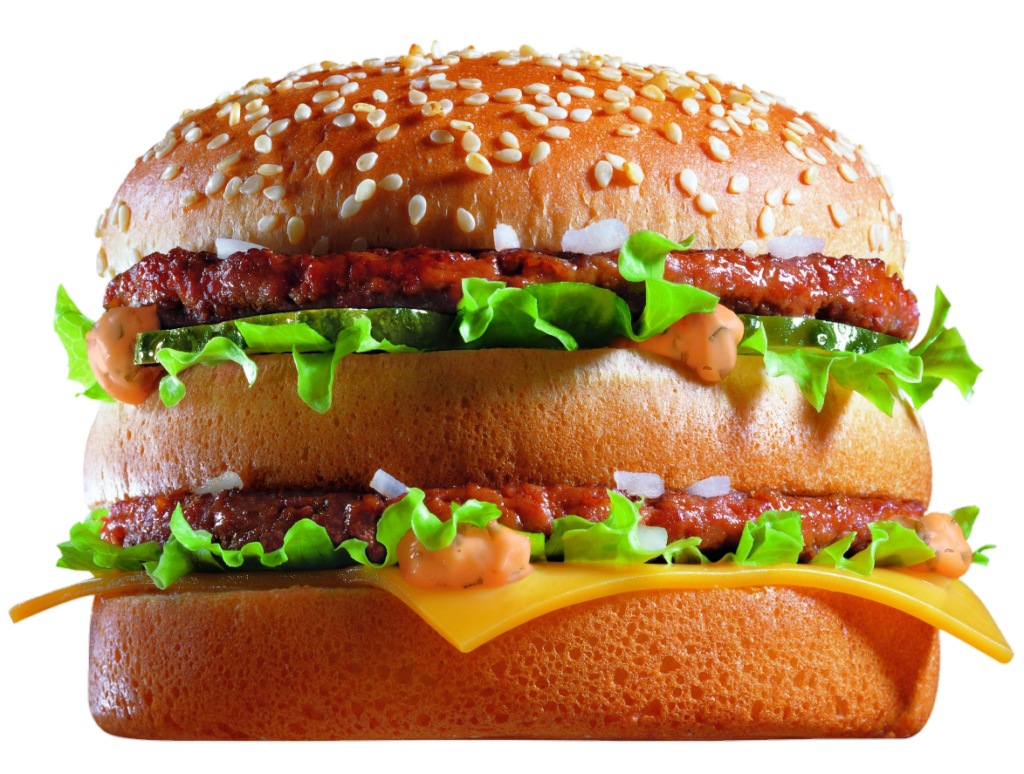
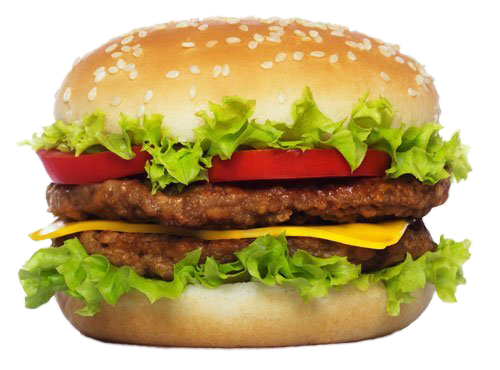
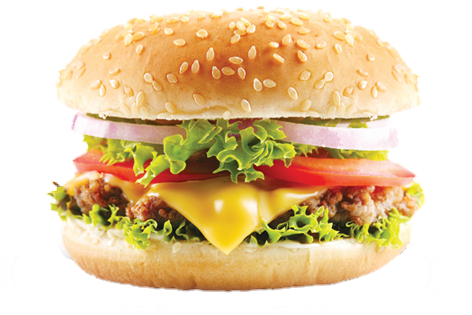
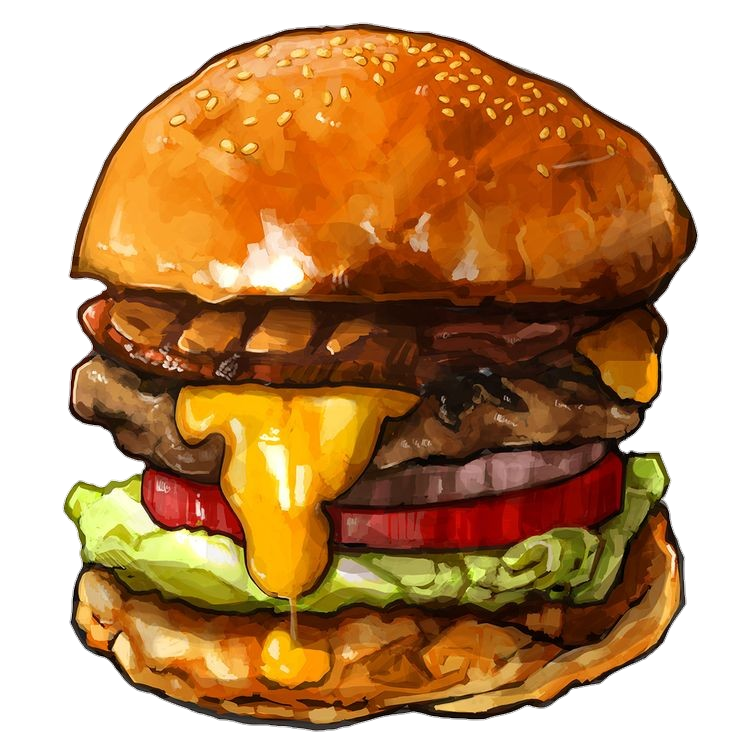
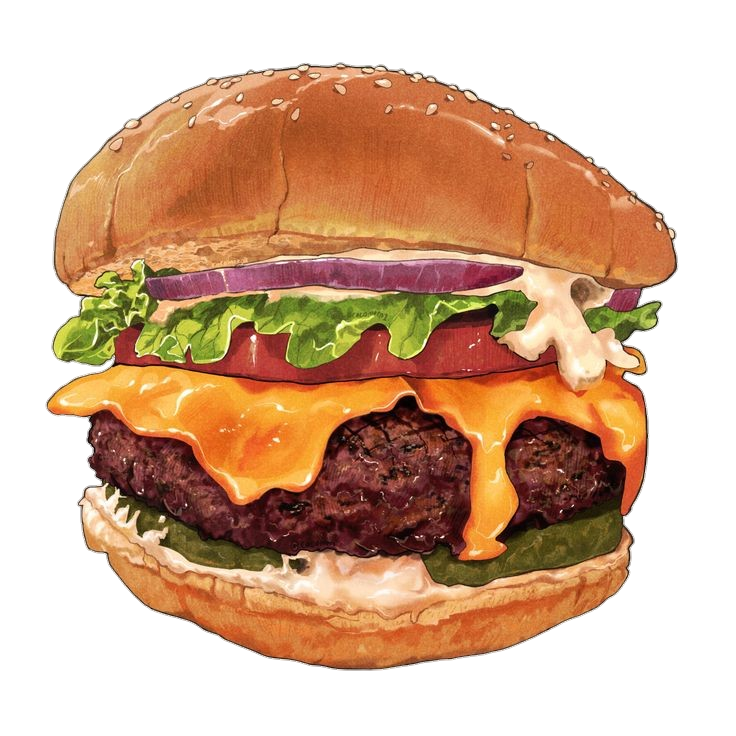
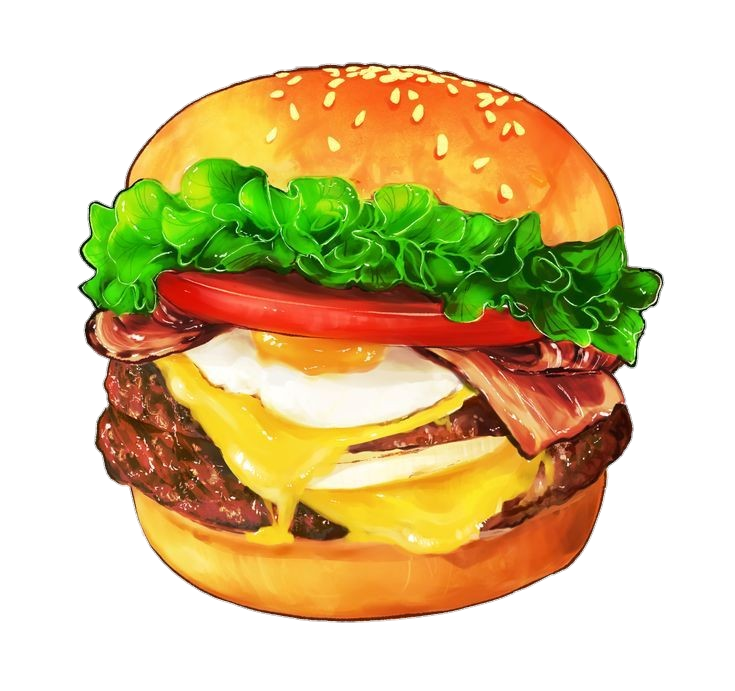
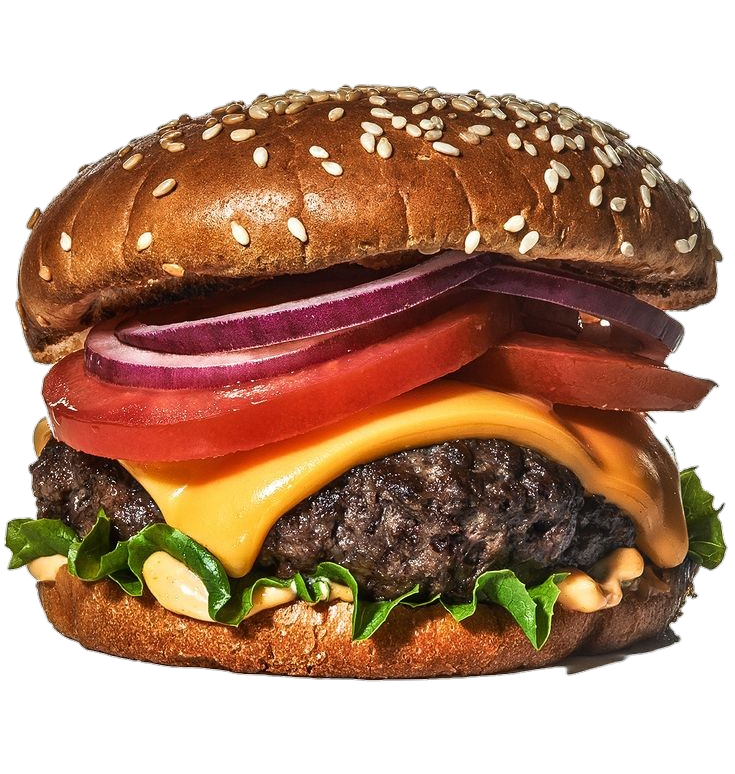
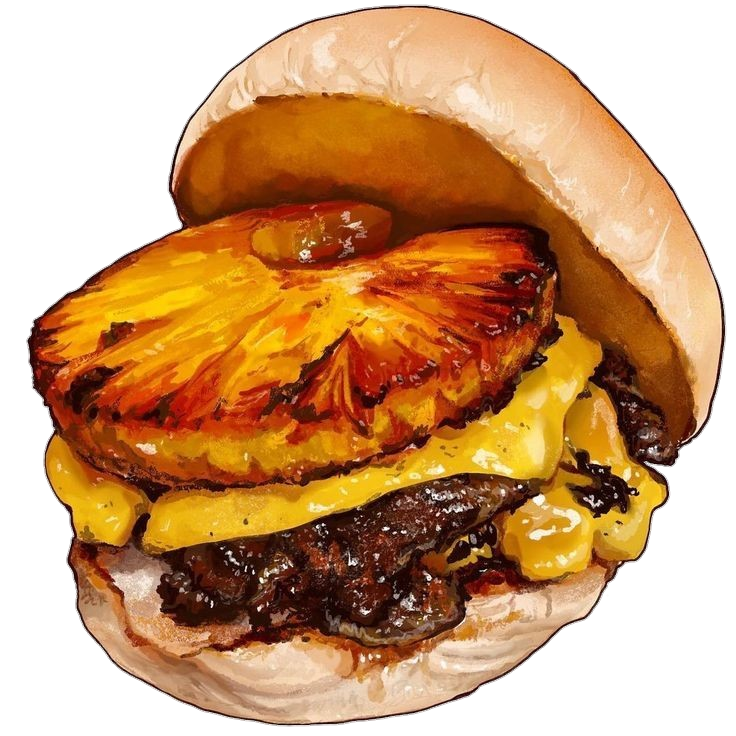

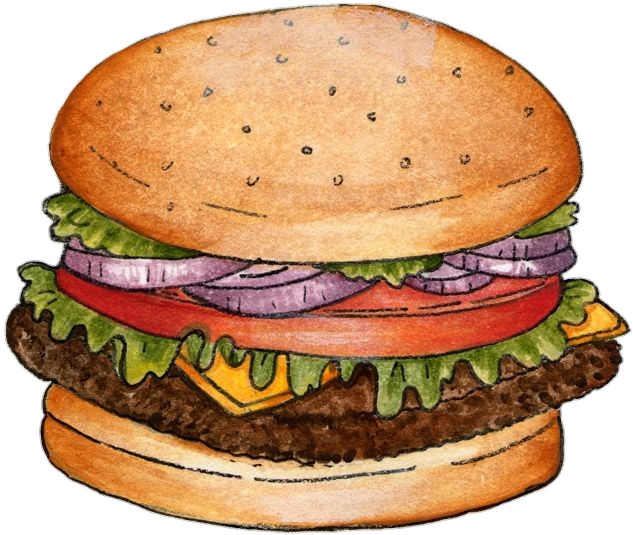

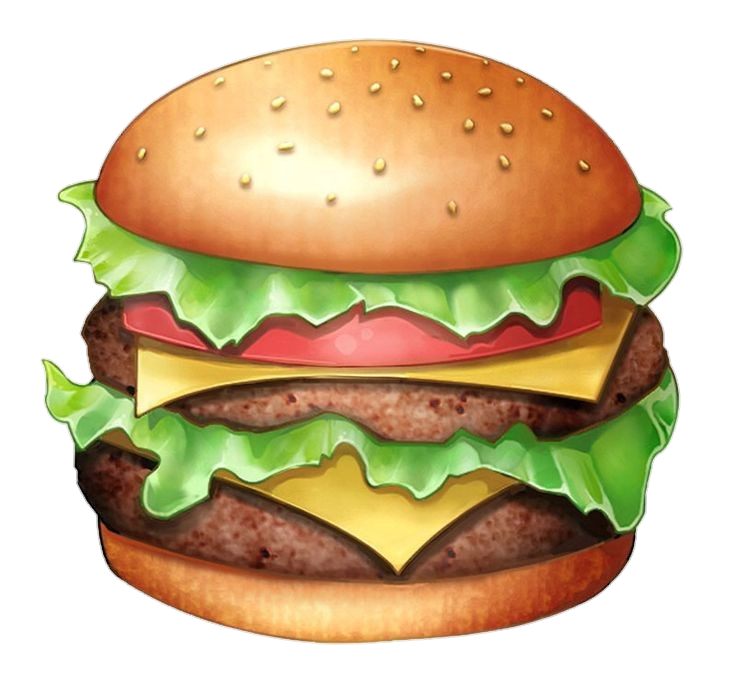
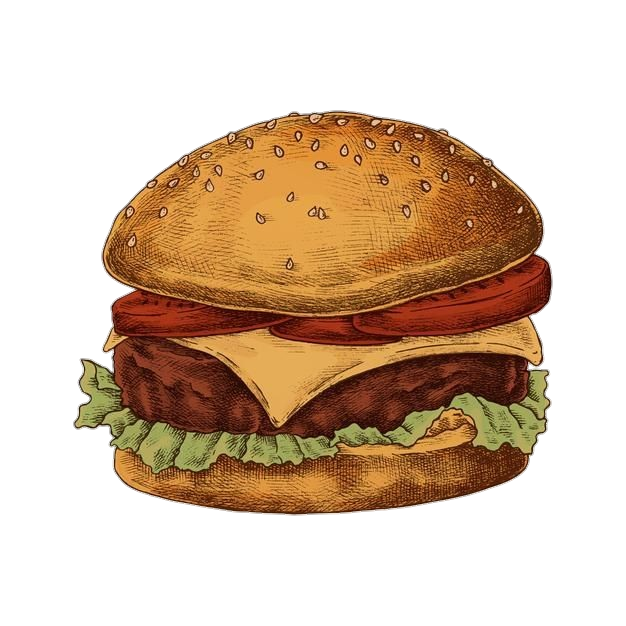
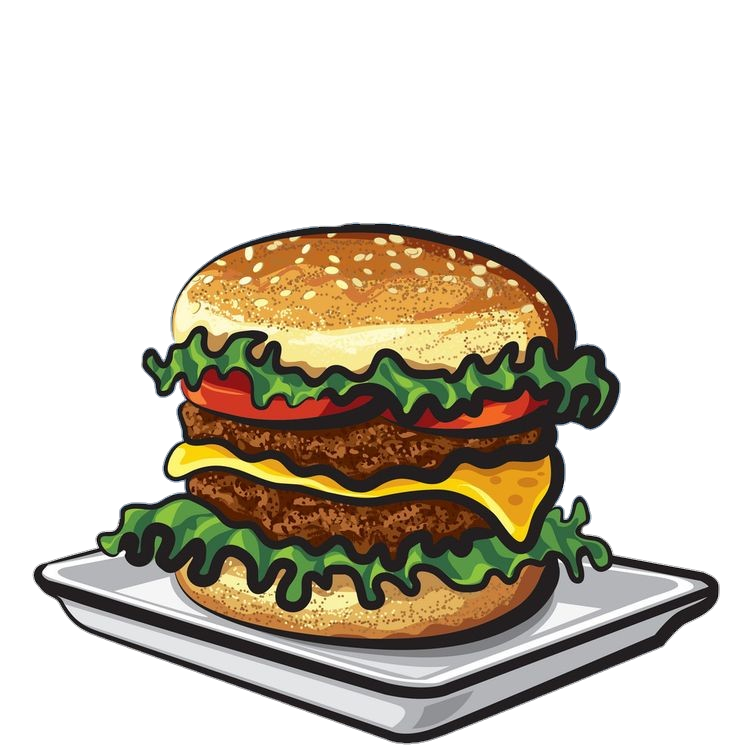

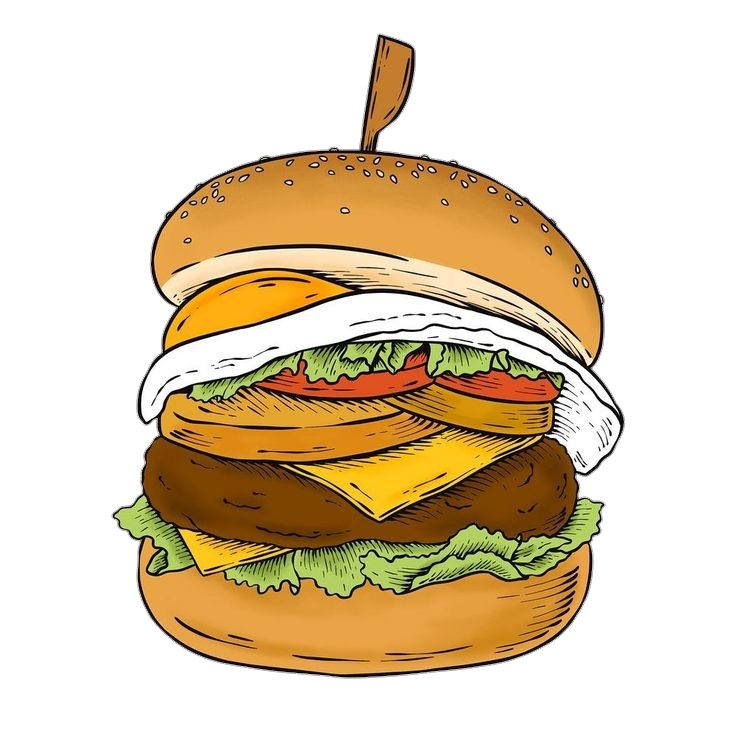
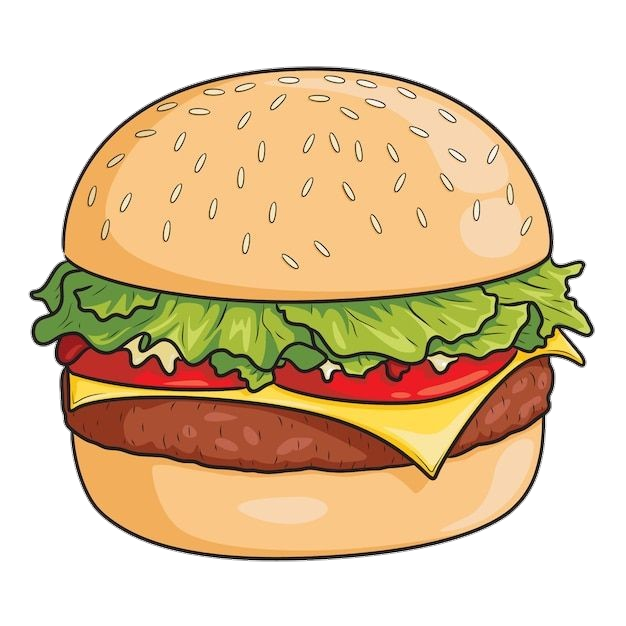
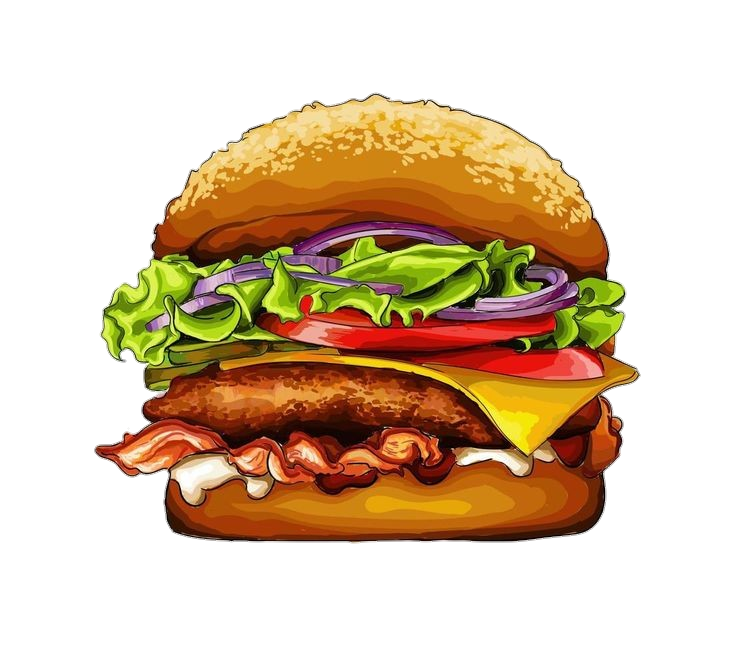
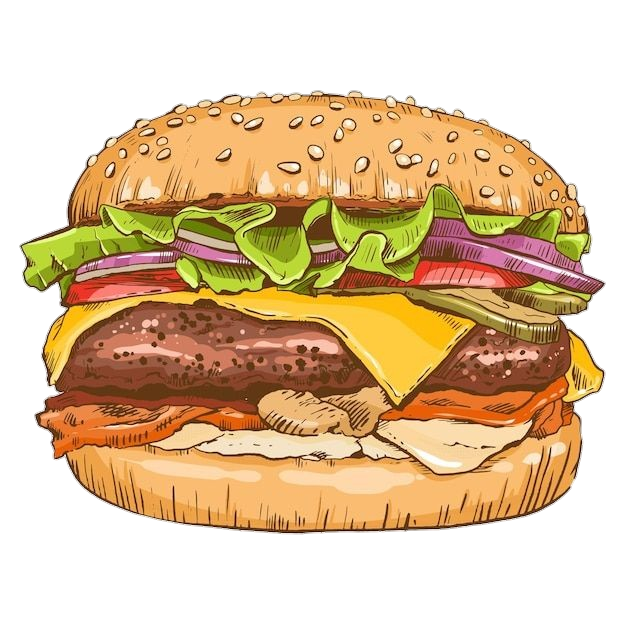
Burgers, those delectable creations nestled between two buns, have become an enduring symbol of American cuisine. Loved by people of all ages, burgers have transcended their humble origins to become a global sensation.
The history of the burger is a tale that spans centuries and continents. Its origins can be traced back to various cultures, but it truly found its identity in the United States. The word “burger” is believed to have been derived from the German word “Burger,” meaning a meat patty. German immigrants brought their love for minced meat patties to the United States in the 19th century.
One theory about the birth of the modern American burger attributes it to Louis Lassen, a Danish immigrant who owned Louis’ Lunch in New Haven, Connecticut. In 1900, Lassen reportedly served a customer a ground beef patty between two slices of bread when the customer was in a hurry. This simple creation would later evolve into the classic hamburger.
The burger continued to evolve in the early 20th century, with innovations such as introducing the hamburger bun and condiments like ketchup and mustard. White Castle, founded in 1921 in Wichita, Kansas, is often credited with popularizing the slider-style burger and introducing the concept of fast food to America.
In 1940, McDonald’s, founded by Richard and Maurice McDonald in San Bernardino, California, revolutionized the burger industry with its assembly-line production system, setting the stage for the fast-food giants we know today. Since then, the burger has taken on countless variations and adaptations, including vegetarian and vegan options, to cater to changing dietary preferences.
The burger’s cultural significance goes beyond its culinary appeal. It has become a symbol of American fast food culture and is often associated with “comfort food.” Burgers have found their way into the hearts and stomachs of people worldwide, transcending cultural boundaries and culinary traditions.
Burgers have also become intertwined with the idea of leisure and socializing. They are a staple at backyard barbecues, picnics, and sports events, making them a go-to choice for casual gatherings. Additionally, the burger has become a canvas for culinary creativity, with chefs and home cooks experimenting with unique toppings, sauces, and ingredients to create gourmet burgers that push the boundaries of flavor.


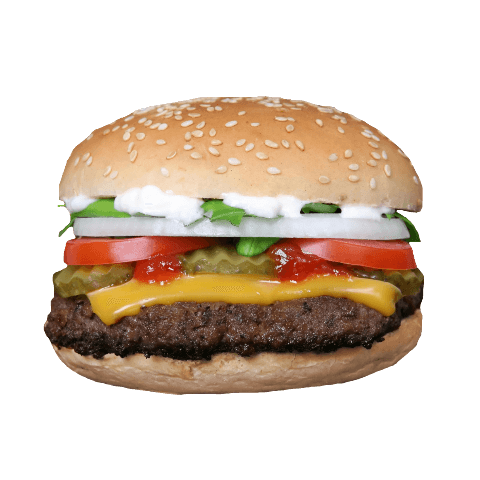
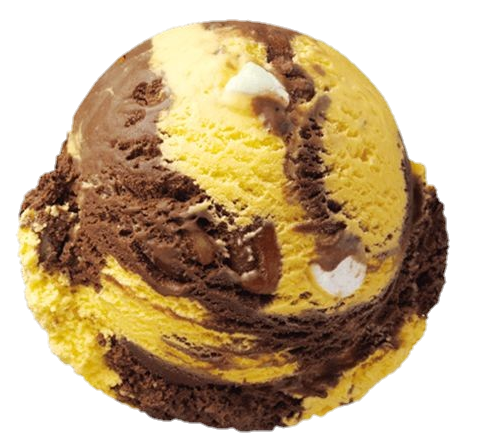

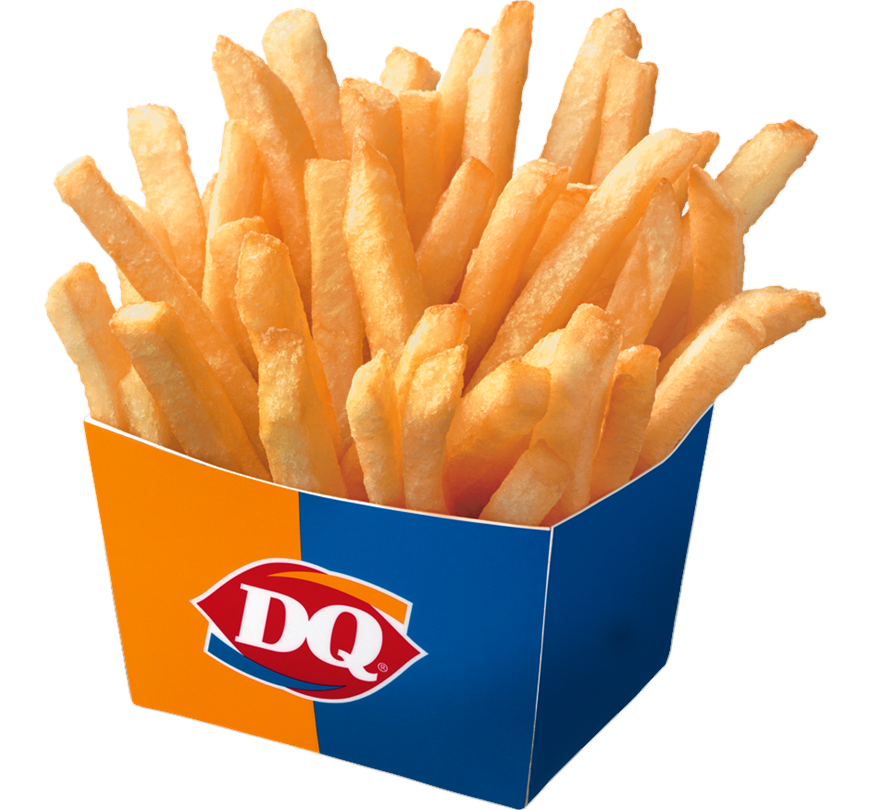
Leave a Comment
Instagram